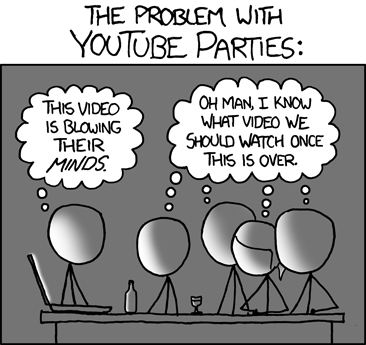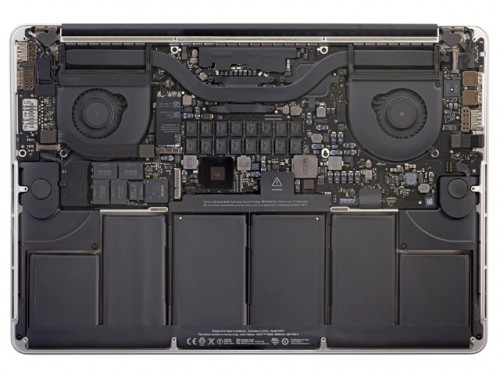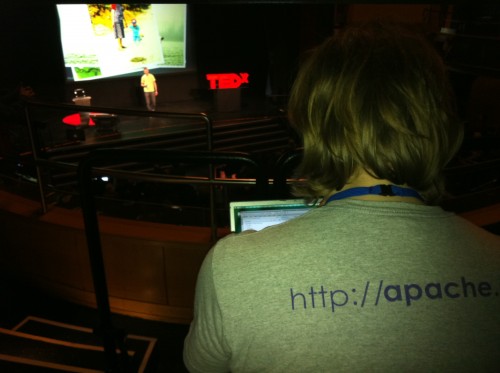Somehow odd, and hence qualifying to be published as a blog post (instead of a tweet): pop-culture-wise, some of my offline friends (regardless of their age, btw) seem to be living under a massive rock. A rock so huge that they don’t seem to realize anything happening outside of their world.

Am I the only one who experiences this? I mean, I have friends – good and dear friends – who don’t care about any contemporary cultural developments, like good music or other commercial art. You don’t have to be an online geek like me, follow any reddit/imgur posts or need to know any internet meme, you don’t need to follow the news / politics or know anything about the technological changes surrounding us. But something small….something would be most welcome.
When I talk to them, I have to make sure not to mention anything that might have been developed after 1980. Sometimes I need to explain basics like the meaning of “nerd“.
Some of these friends have an e-mail address. An inbox they check out once a month. To reach them, I need to call or send an sms. A short message (yeah!), because they don’t even have a smartphone.
These offline friends – I really like them. But still – they are odd. In a contemporary context, probably as odd to me as these Cosplay geeks may be to my mother.
The worst group out there, however, aren’t these “Offliners”, but instead the group in betweeen: the FB-haters who don’t post anything out of fear a future employer may track something embarassing; the FB-haters who keep on mentioning how their kids keep them busy and away from the keyboard (~ while there are a bunch of other mums and dads online who are oversharing); the social-media-haters who dismiss Twitter as a waste of time BUT at the time publish all their mental sensitivities via the offline backchannel also known as WhatsApp (!). The offliners who will overshare “funny” pics and videos you’ve seen on 9gag three years ago. On WhatsApp.
The same group may btw not even know what a BarCamp is all about.
And then there’s this group:

You’re having dinner with a few friends and then someone pulls out his phone and mentions, how he/she has recently seen a nice YouTube video and yaddayaddayadda… what follows is a prolonged YouTube session with uninterested parties sharing “funny” videos online. “Oh, have you seen THIS one….”.
And there you go wondering about Buzzfeed and Mashable sharing yet another “Best of…”, “the best [nominalization]…”, “Top 7 reasons why…” etc. post.




 the opened new MacBookPro Retina, image via
the opened new MacBookPro Retina, image via  An unrelated, but still epic snapshot I took at a recent local TEDx event.
An unrelated, but still epic snapshot I took at a recent local TEDx event.